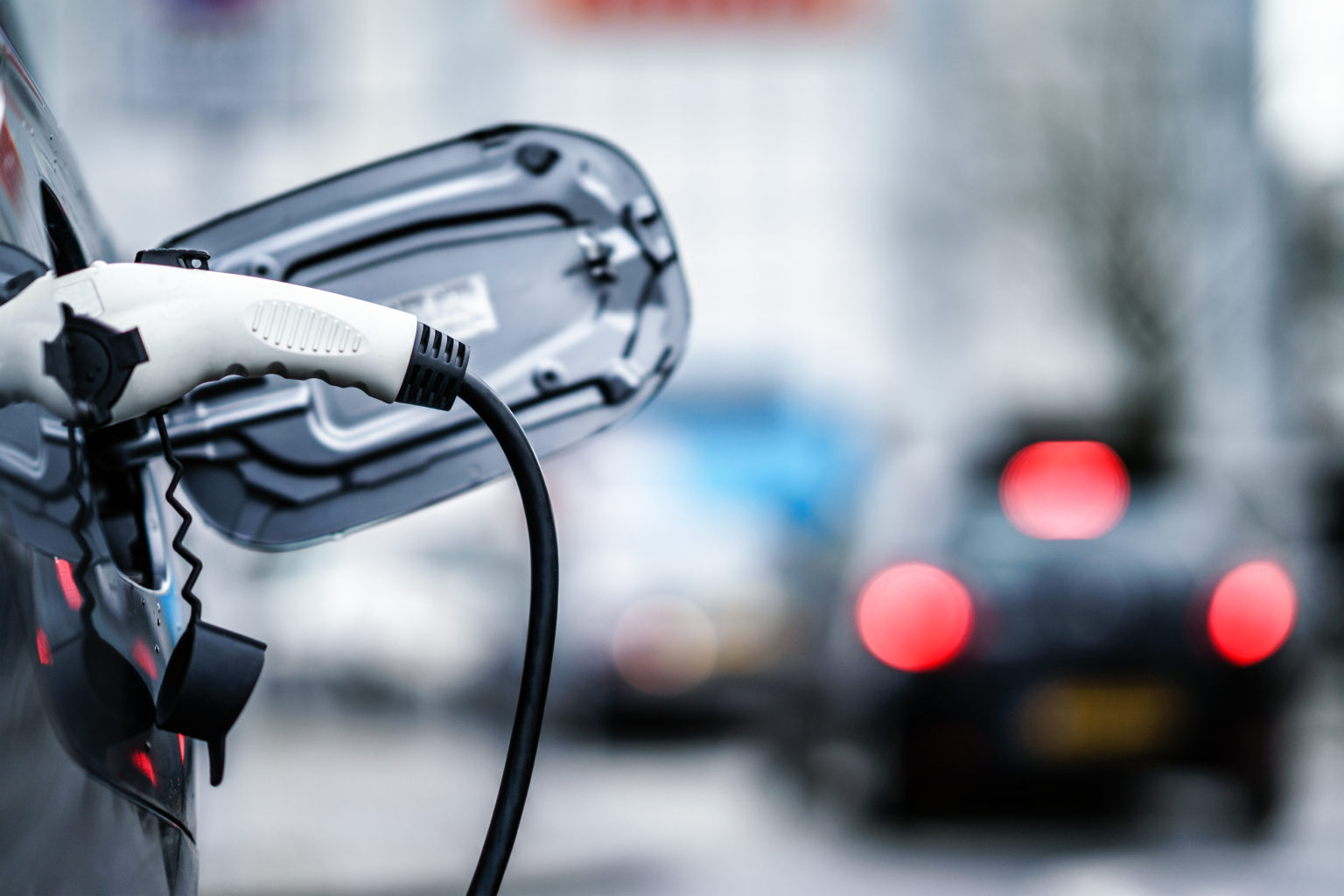Demand for EV chargepoints rises in the UK
As the UK continues to phase out petrol vehicles and encourage the mass uptake of electric vehicles, considerations have to be taken on new build homes and offices for EV charge point installers. Speaking in Parliament on 9 September, transport minister Rachel Maclean said the government will publish its response to a two-year-old consultation on mandating EV charge points later this year.
Expected to be included in the response is legislation requiring all new residential and non-residential buildings to have an EV charging station, news that will surely be welcomed by the hundreds of thousands of EV owners in the UK.
If passed, this legislation would make the UK the first country to mandate chargepoints in all new-build developments, and would be the latest in a string of indications that Westminster sees the future of personal transport as electric.
With the government recently confirming it will legislate to require all new-build homes and offices with parking spaces to have electric vehicle (EV) chargepoints, Shakespeare Martineau’s Neil Gosling, partner and head of residential development, and Isaac Murdy, trainee solicitor in the energy team, discuss the possible risks and available solutions.
As retrofitting charging stations is a lot more expensive than implementing the infrastructure during the construction stage of a new development (on average, £2,040 compared to £976 per space), it is positive to see the government looking to introduce legislation to combat one of the major barriers to drivers switching to electric.
However, while this would be a game changer in the shift to net zero transportation, the chargepoints pose huge potential challenges to the electricity distribution networks that will bring power to the points.
There are risks associated with multiple chargepoints being used at once, such as overloading their connections, and currently, the nominal load attributed to a development does not take EV charging stations into account.
With this in mind, it is vital the construction industry – whether developers or builders subcontracting the installation of a chargepoint – is aware of the potential hazards and the solutions currently available to avoid compromising its reputation.
The future of EV charging stations in the UK
The RAC estimates that, as of April 2021, there are around 239,000 zero-emission battery EVs on UK roads – with more than 100,000 registered in 2020 alone – along with 259,000 plug-in hybrids and 629,000 conventional hybrids.
With a plan to phase out petrol and diesel cars by 2030, the National Grid projects an EV stock of more than 11 million in Britain by that point and 30 million a decade later.
While this will help to meet decarbonisation commitments, new ways of thinking are needed to decrease the load demand created by EVs on an energy system that could face a 30% rise in peak electricity consumption in 10 years’ time.
Demand spikes for EV chargepoint installations
Chargepoints on all homes with a parking space would give the most utility to residents. However, it also places the greatest burden on the cables and wires distributing power to the estate – especially if EVs become as common as petrol and diesel vehicles, as they are projected to.
An analogy of why this would be a problem would be to compare the electricity to water. If we think about water pipes and all residents on a housing estate turn on their taps and flush their toilets at the same time, there will be a massive draw of water and either the taps will trickle or the pipes may even implode.
The same issue goes for electricity. Chargepoints can draw a lot of power from the grid and without control, there is the potential for huge spikes in demand, which could lead to brownouts (as insufficient electricity is shared around) or potentially the failure of distribution equipment that cannot handle the currents running through them.
Currently, many distribution network operators (DNOs) discount the possibility that everyone will be charging their cars while running the tumble dryer and boiling the kettle as too unlikely. This means that when calculating the additional reinforcement their networks will need when an estate is connecting in, they do not require any additional capacity to account for EV chargepoints.
This allows the network operator to give a more competitive price, but creates a problem for developers and drivers alike in the long run. We hope that as EVs become more ubiquitous, the real burden on the networks will be realised, and the Distribution Code that guides DNOs’ activities will be updated.
Smart charging shares data via the cloud
The solution is clear – smart charging and good communication with networks, and the government has acknowledged the importance of the former.
Smart charging refers to a system where an EV charging station can share its usage data via the cloud. This should help connect EV charging into the wider energy system, and could allow peak demand to be reduced, which would help prevent them becoming a burden on the power grid.
This is like the smart meter in your house being able to turn down the thermostat though, and will surely require commercial agreements to compensate people who will not get their vehicles charged as fast as they wanted.
We have started to see these put in place between high-profile housebuilders and installers to ensure the chargepoint will be controlled and what technology is needed to be put in place.
These early adopters are already showing how spikes can be smoothed by shutting down chargers when power is at a premium and turning them back on when demand is lessened. This can reduce the need for expensive reinforcement of the electricity network.
The solution is clear – smart charging and good communication with networks, and the government has acknowledged the importance of the former.
Smart charging refers to a system where an EV charging station can share its usage data via the cloud. This should help connect EV charging into the wider energy system, and could allow peak demand to be reduced, which would help prevent them becoming a burden on the power grid.
This is like the smart meter in your house being able to turn down the thermostat though, and will surely require commercial agreements to compensate people who will not get their vehicles charged as fast as they wanted.
We have started to see these put in place between high-profile housebuilders and installers to ensure the chargepoint will be controlled and what technology is needed to be put in place.
These early adopters are already showing how spikes can be smoothed by shutting down chargers when power is at a premium and turning them back on when demand is lessened. This can reduce the need for expensive reinforcement of the electricity network.
Looking ahead
To reach the UK’s ambitious target of becoming net zero by 2050, it is clear that renewables must become an integral part of housebuilding efforts.
And given that tens of millions of EVs could one day be on the UK’s roads as they replace petrol and diesel vehicles in a long-term strategy to decarbonise personal transport, domestic charging could soon become the norm.
To support this ambition, it is vital there is minimal impact on the grid and to deliver this, smart charging, delivered by commercial agreements, should be a priority.
To ensure they do not fall foul of the laws regulating electricity supply, generation and distribution, it is important developers take advice.
So, when specifying chargepoints to be installed on a new housing estate, taking a preventative approach by investing in the right technology and ensuring suitable agreements are in place will bear many benefits for residents and nearby locals, electricity suppliers and our planet in the long-term.






